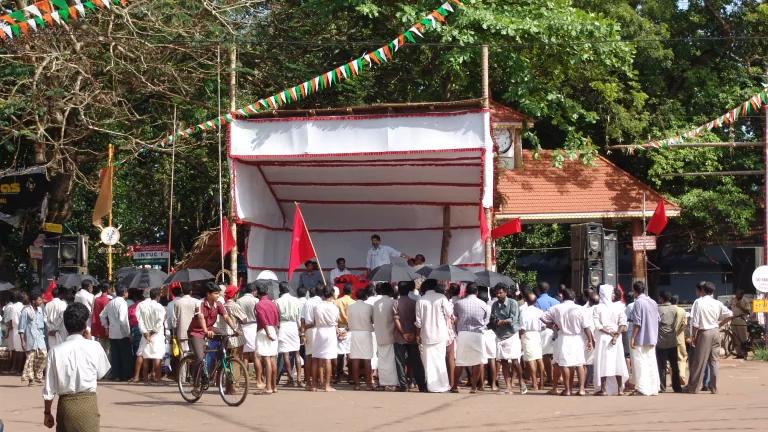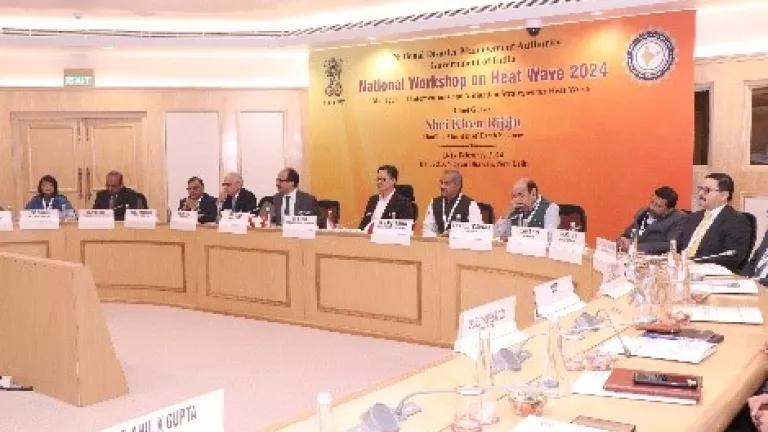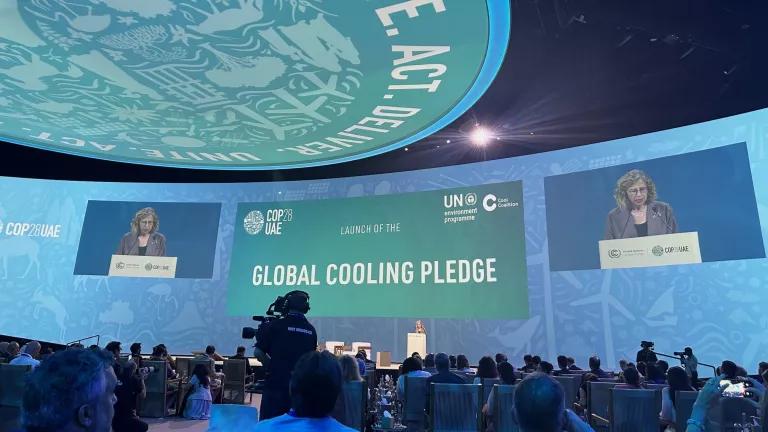Climate Change and Health Preparedness in India
Protecting local communities in Ahmedabad, Gujarat, from extreme heat
Current efforts to address global warming largely focus on mitigating climate change. However, in light of predictions of increased temperatures, rising sea levels, and changing disease patterns in India, there is a pressing need for increased scientific research and strategies on climate adaptation, focused on public health for the most vulnerable populations. Extreme heat already threatens the health of local communities, who suffer dehydration, heat cramps, heat exhaustion, heat syncope or heat stroke, and even heat-related death. Climate change will only intensify extreme heat events.
Ahmedabad, one of the top 10 fastest-growing cities in India, experiences dangerously high daily temperatures for several months out of the year. Recently, the city experienced its harshest heat wave season, with four months of extreme temperatures, including a peak temperature of 116° Fahrenheit (46.8° Celsius) in May 2010. Although national programs exist to address many effects of climate change in India, the country has yet to implement strategies to adapt to the extreme effects of increasing heat.
In response, the Public Health Foundation of India (PHFI) and the Indian Institute of Public Health, Gandhinagar (IIPH) along with the Natural Resources Defense Council (NRDC) are working with city officials and leaders in Ahmedabad to protect people from the city's extreme heat exacerbated by climate change. The project's priority is to promote improved health by implementing interventions that can help reduce heat related health vulnerabilities, designing an early warning system for dangerous heat events, and developing targeted climate change adaptation strategies.



